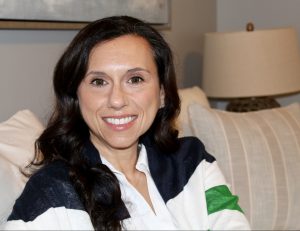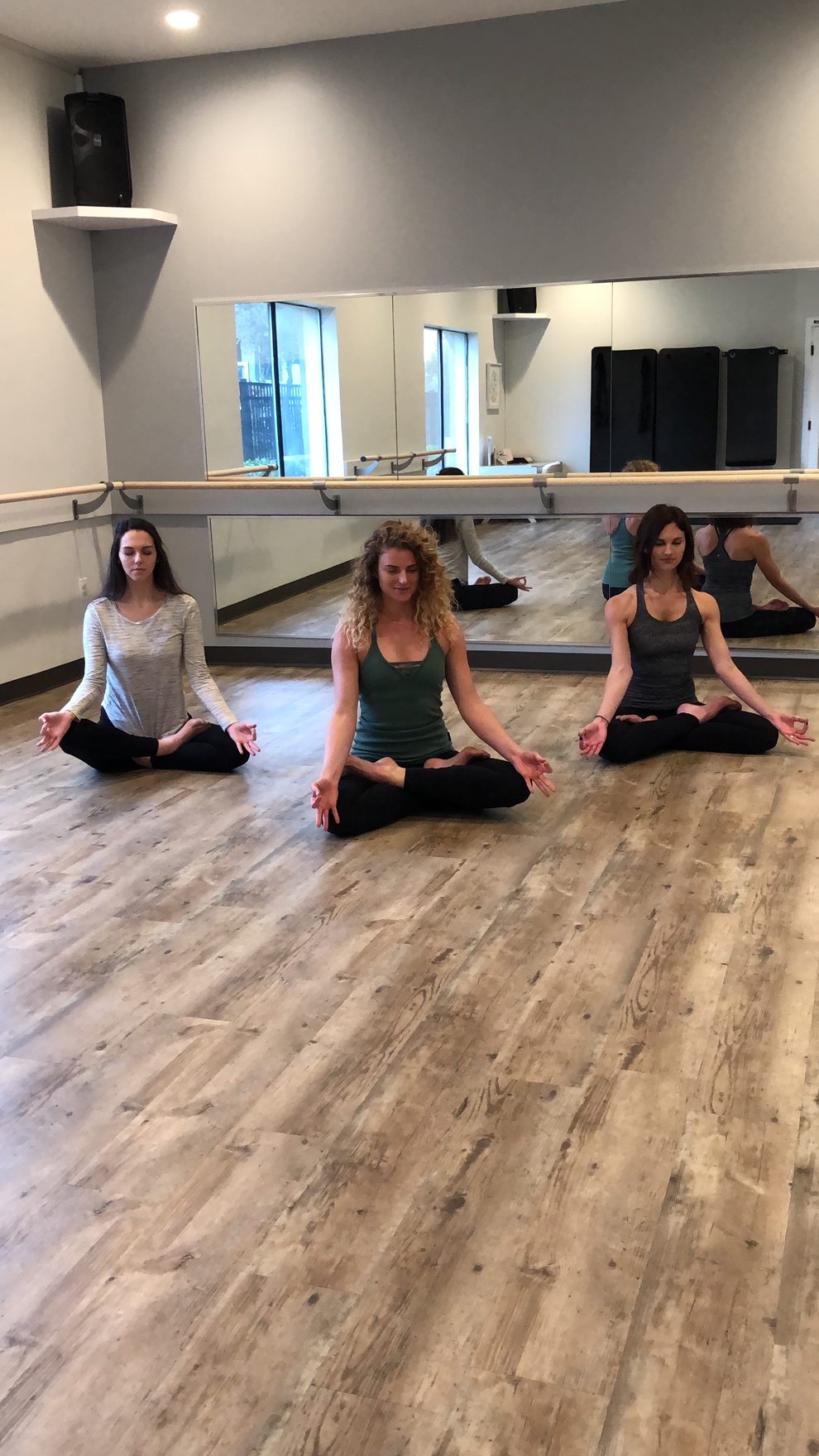Health care delivery has undergone significant changes in the last few decades. The need for cost-effective care skyrocketed along with the number of people living with chronic illness demanding access to care. At times it has been said that individuals trained as a Nurse Practitioner or a Physician Assistant are interchangeable as medical providers. While many hospital systems may hire Nurse Practitioners or Physician Assistants to fill similar roles, the training and licensure of each program prepares the clinician to practice in a different way.
The Physician Assistant profession was created in the mid 1960’s to meet the growing demand for access to health care, specifically access to primary care providers. Duke University Medical Center offered the first official program training individuals to provide medical care as a Physician Assistant based on the “fast track” programming for individuals trained to provide medical care during World War II.
Nursing pioneers were up to similar work across the country in Colorado, as the first Nurse Practitioner program was developed in 1965 at The University of Colorado to meet the growing demand for primary care providers in that region of the country. Many of the early Nurse Practitioner’s were trained in certificate programs through hospital systems and universities before formal Master’s Programs were developed.
The foundational training of a Registered Nurse, including hours of clinical experience, sets the Nurse Practitioner apart from the track Physician Assistants take.
The primary differences in training for a Physician Assistant and a Nurse Practitioner is found within the names of each. A Physician Assistant is trained similarly to a physician, under the medical model after completing the following requirements:
- Bachelors Degree (GPA above 3.0)
- Program Pre-requisite courses
- GRE or MCAT (program specific)
- 1 year clinical experience in a healthcare setting.
Once admitted, PA programs focus on a comprehensive general medical education in addition to the clinical experiences. Most PA programs are over 100 credit hours completed in 2 years. The different Master of Health Sciences curriculums provides PA students with depth of knowledge in the basic medical sciences and clinical medicine, as well as skills in administration and research.
PA programs today are Master’s level programs with both didactic and clinical experiences that prepare individuals to take the Physician Assistant National Certification Exam or “PANCE” exam, achieving the certification designation of PA-C and opportunity to move on to state licensure. PA Certifications in subspecialty areas are available including in Mental Health/Psychiatry, this is achieved by completing the PA Certificate of Added Qualifications (PA-CAQ) clinical experience and passing the exam.
What is important to remember is that both PA and APRN programs support clinical care that is evidence based and held to standards at the state licensure and national certification levels.
Nurse Practitioners are first and foremost nurses. They are trained in the nursing model to practice the art and science that is nursing. They are licensed to practice as an RN prior to continuing their education in Nursing to become an Advanced Practice Registered Nurse (APRN). Graduate level nursing programs  require the following:
require the following:
- Bachelor of Science in Nursing (BSN) from an accredited program (GPA 3.0-4.0)
- RN license in good standing with the state
- GRE entrance exam
- 1-2 years Nursing Experience (programs vary)
Nurse Practitioners are trained at Master’s or Doctoral levels (depending on the program or specialty) as well as must sit for their specialty’s board certification exam and meet the licensure requirements for their state. Nurse Practitioner’s can sit for the American Academy of Nurse Practitioners Certification Board (AANPCB) or the American Nurses Credentialing Center (ANCC) exam. Master of Science in Nursing programs can be completed in 18 months while Doctor of Nursing Programs and PhD Nursing programs are completed between 3 – 5 years depending on full or part time course work. These advanced nursing programs range from 70 – 100 credit hours.
The Doctor of Nursing Practice is a Clinical Degree that prepares the Advance Practice Nurse to translate research evidence into nursing practice, understand and contribute to healthcare policy (including budgets, financial management, leadership theory), as well as cultivating practice expertise in their specialty. APRNs are independent licensed providers and required to sit for board certification in their specialty.
The role of the nurse practitioner can differ somewhat depending on the state in which the APRN is practicing. Certain states allow work to be completely independent, whereas others require them to work in a collaborative agreement with a Physician. The State of Florida requires APRN’s to practice with a collaborative agreement and general supervision from a physician or dentist. Nurse Practitioners are independent prescribers for non-controlled substances, after 2 years of practice experience in the State of FL APRN’s are eligible for their DEA License and prescriptive rights for both controlled and non-controlled substances.

Elizabeth Winings, DNP, APRN, PMHNP-BC
At the Retreat PVB we have Elizabeth Winings, DNP, APRN as our Director of Nursing. She is ANCC board certified as a Family Psychiatric Mental Health Nurse Practitioner. After completing her Bachelors of Science in Nursing at The University of Florida in 2011 and a 1-year surgical nurse residency program through the VA Hospital in Gainesville, FL she transitioned to community based care as an emergency room nurse for 2 years. These experiences inspired her to pursue advanced training in mental health and nutrition. She completed her Masters of Science in Nursing at the University of Florida in 2013 and began practicing as a Psychiatric Nurse Practitioner in Jacksonville in the spring of 2014, initially at The UF Health Department of Psychiatry in their outpatient adult, child and adolescent clinic. She transitioned to join the team at Nemours Specialty Clinic in the fall of 2015 where she was able further specialize in the care of children and adolescents in the outpatient setting as well as on the inpatient Behavioral Health Unit at Wolfson Children’s Hospital. While working as a Nurse Practitioner, Dr. Winings continued her education as well as specialized in Plant Based Nutrition through Cornell University and completed a 300 hour internship in Lifestyle Medicine at The True North Health Center in Santa Rosa, CA. She completed her Doctor of Nursing Practice through UF in 2016. Dr. Winings grew up in Jacksonville and is honored to bring her passion for nursing, wellness, and mental health to the community of Ponte Vedra Beach and surrounding areas. Come experience the personalized care of a Nurse Practitioner at The Retreat at Ponte Vedra Beach!












